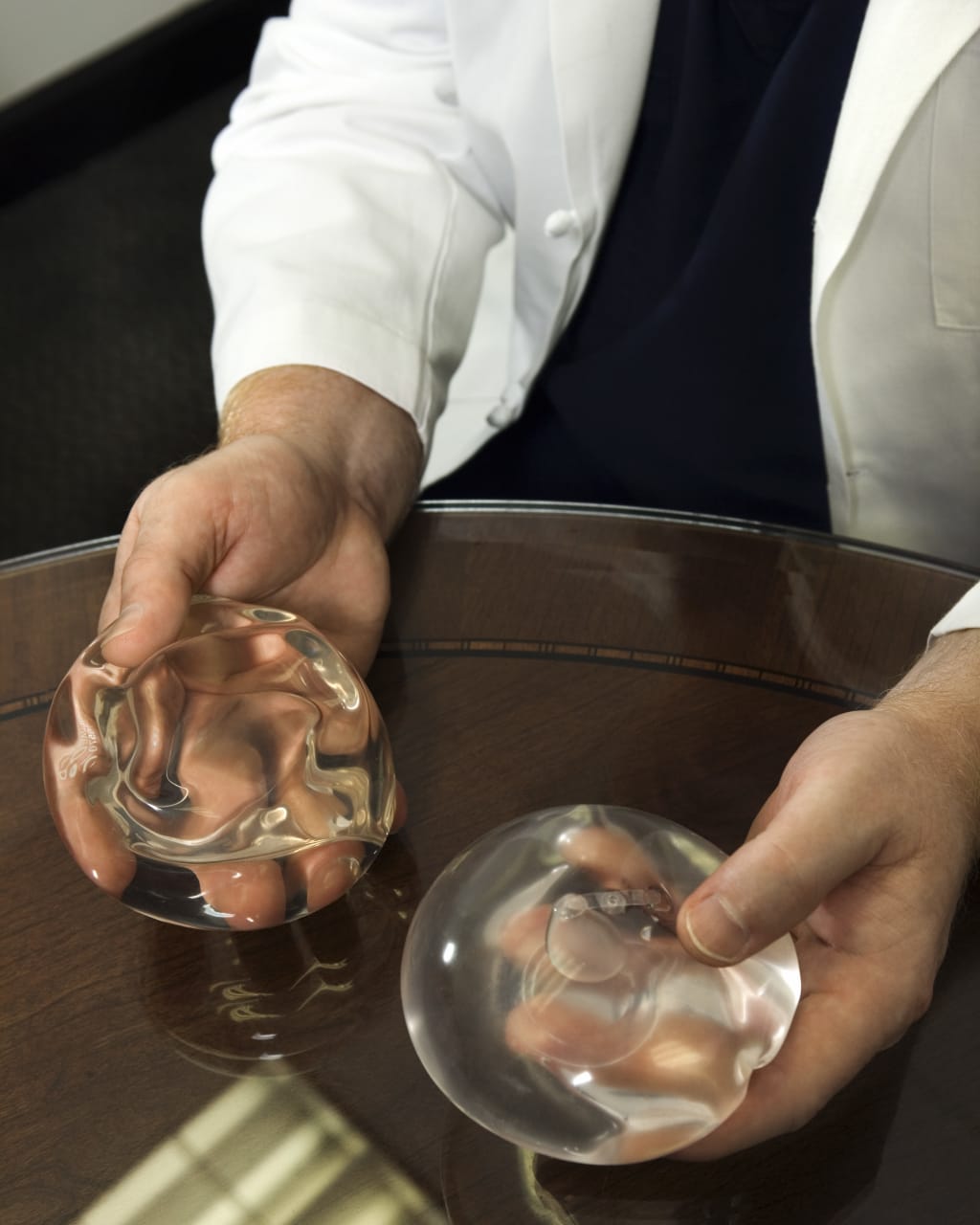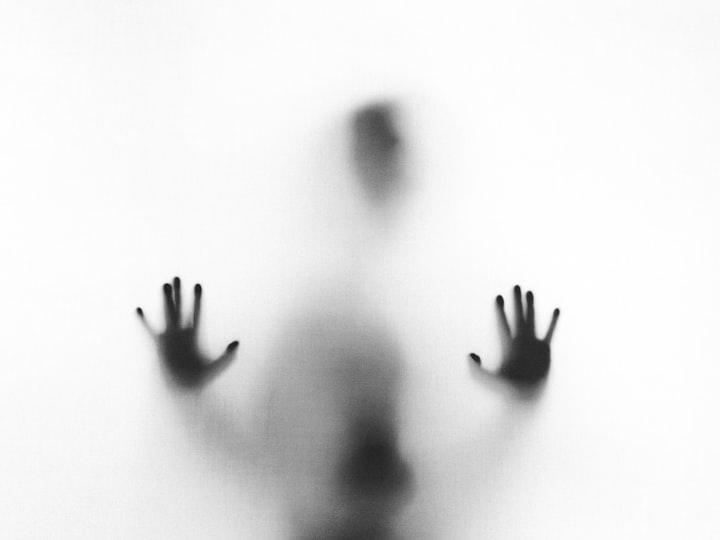Common Myths About Breast Implants
Uncover the truth behind some of the most common misconceptions about breast surgery.

Breast implants are one of the most common plastic surgeries. According to the American Society of Plastic Surgeons, there were 313,735 breast augmentation surgeries in the United States in 2018. As more people look to alter their appearance to reach the ideal beauty standard, misinformation about the procedures is also spread. Misconceptions about a plastic surgery procedure can affect your expectations of the results, which is why it’s important to consult with an accredited plastic surgeon before making the decision to go under the knife.
MYTH
Breast implants will make mammogram results incorrect.
FACT
Women with breast implants can have mammograms, and the results will not be incorrect. Having a mammogram with breast implants may take longer than normal, technicians will have to position the implant to get a clear image of the breast tissue. They may also have to take more pictures of the breast to get a better view of all the tissue. Cancer can be more difficult to detect in women with breast implants, but detection is possible and tests are accurate.
MYTH
The recalled Allergan textured breast implants should be removed even if you don’t have cancer.
FACT
The FDA is not recommending the removal of the Allergan breast implants, unless you experience BIA-ALCL symptoms or have been diagnosed with this type of lymphoma.
MYTH
You can’t breastfeed when you have breast implants.
FACT
Many women believe that you are unable to breastfeed after breast augmentation, this is not true. Breast implants that are placed below the breast tissue or below the muscle do not affect the ability to produce milk. The place of the incision does play a role in the ability to breastfeed after surgery, in some studies, periareolar incisions have been linked to a higher risk of not producing sufficient milk. Women whose incisions are in the fold of the breast or under the arm show no problems when breastfeeding compared to women with periareolar incisions.
MYTH
Implants feel hard to the touch.
FACT
After surgery implants may feel hard to the touch and sit higher on the chest than normal. This look and feeling will disappear after a few weeks resulting in soft and natural looking breasts. However, breast implants that feel extremely hard and cause pain, may have developed a condition called capsular contracture. Capsular contracture is the body’s natural response to a foreign object (in this case the breast implants). The body will build scar tissue around the implants, in most cases the tissue is soft, but with capsular contracture the tissue can become hard, painful, and affect the breasts’ appearance. Depending on the level of capsular contracture, revision surgery may be necessary to correct it.
MYTH
You have a higher chance of getting breast cancer if you have breast implants.
FACT
Results from 10 different studies have found no increased risk for cancer in women who have silicone or saline breast implants. The only implants that have been linked to cancer are Allergan BIOCELL textured breast implants. According to the FDA, an analysis of 573 cases of breast implant-associated anaplastic large cell lymphoma (BIA-ALCL) showed that in 84 percent of the cases women had an Allergan textured breast implant. The FDA responded by issuing a recall for this product in July 2019.
MYTH
Silicone implants rupture more easily than saline implants.
FACT
Both saline and silicone implants are at risk for rupture, regardless of the material they are made of. Ruptures can be caused by a fall, a car accident, extreme pressure on the breasts or a surgical error. However, the consequences of a rupture are different depending on the implant. Saline implants are filled with salt water, if a rupture occurs and salt water leaks, the body will naturally absorb it without causing any harm. Silicone implants are filled with silicone gel, if they are ruptured silicone can leak and spread outside the breast. Leaking silicone gel doesn’t cause health problems such as cancer or other autoimmune diseases, although it can sometimes cause breast pain or changes in the breasts’ shape.
MYTH
Breast implants need to be replaced every 10 years.
FACT
Some breast implant manufacturers state as a recommendation that breast implants should be replaced every 10 years, although plastic surgeons don’t believe they should be replaced unless there is a problem with them that may affect your health or the breast’s appearance. Breast implants are a medical device and are not expected to last forever, although if there is no visible problem with them, such as a rupture or a flip, then doctors believe there is no valid reason to go through an invasive procedure to replace them.
Avoid false information or misconceptions about breast implants and talk with your plastic surgeon about the different implant options available. Talk with a plastic surgeon about the pros and cons of each implant and ask any questions or concerns you may have. Make sure that your expectations for the final result are understood by your doctor. Follow all the post-operative indications and consult with your doctor immediately if anything feels odd after your surgery. Clear communication with your doctor is key in making the best decision for your body.





Comments
There are no comments for this story
Be the first to respond and start the conversation.